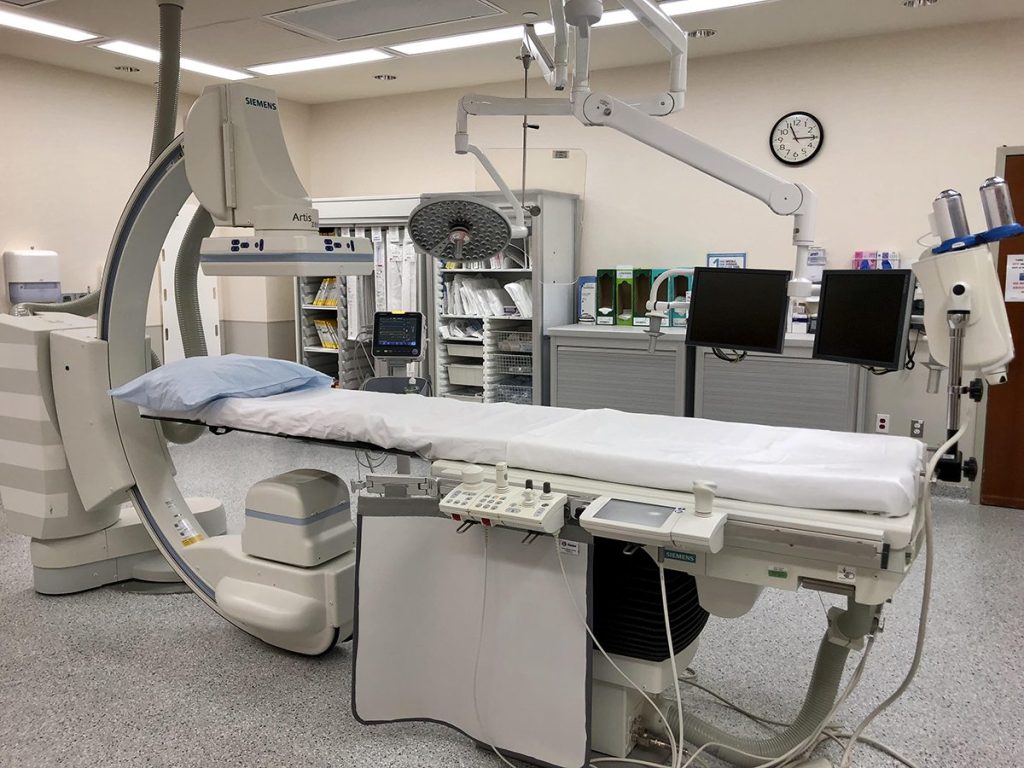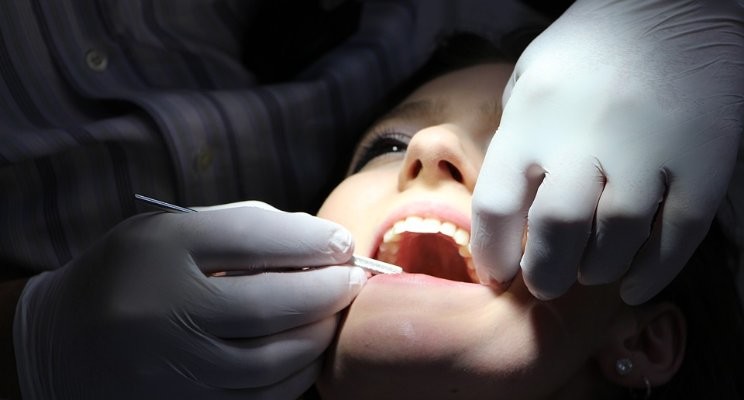
You’re in the mirror, flashing your best smile. It’s bright, infectious, and full of confidence. But then you notice a tiny dark spot on a tooth. Panic rushes in. Is it a cavity? Tooth decay? No need to worry! Your saving grace is just a phone call away to cosmetic dentistry oldsmar. Regular check-ins with a general dentist matter more than we often realize. It’s like having a superhero on speed dial, ready to swoop in and save the day. It’s not only about a perfect smile, but it’s also about maintaining a healthy mouth. So, why take the risk when you can prevent it?
The Power of Prevention
A town with zero crime. That’s right, zero. How do they do it? They have a superhero – one who prevents crime before it even happens. This is the same role a general dentist plays. They are the superheroes of oral health. They prevent issues before they become problems. Regular check-ins mean you can catch that tiny cavity before it becomes a toothache. It’s the power of prevention at work.
More than a Perfect Smile
It’s not just about the vanity of a perfect smile. Sure, we all want to …



